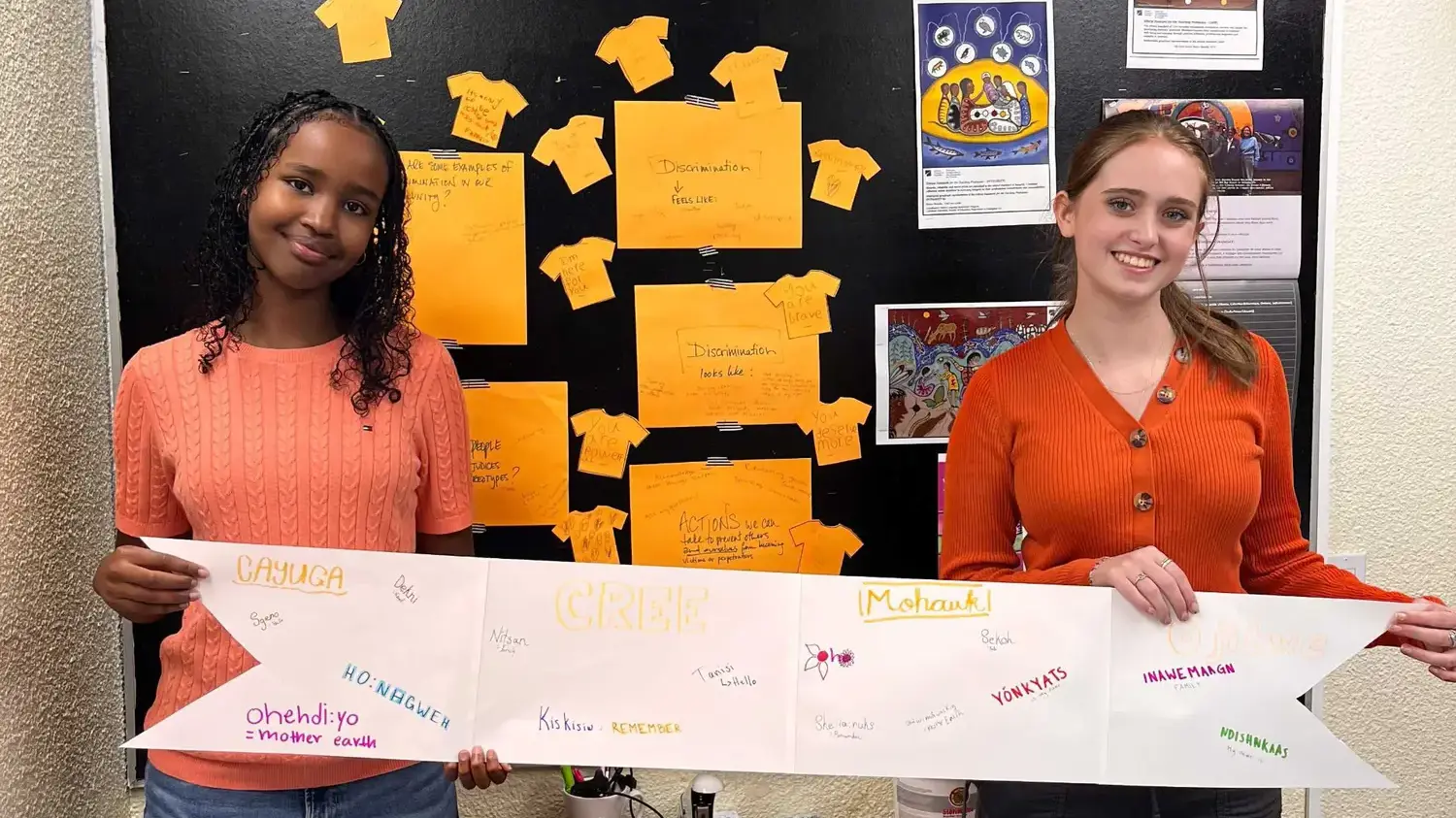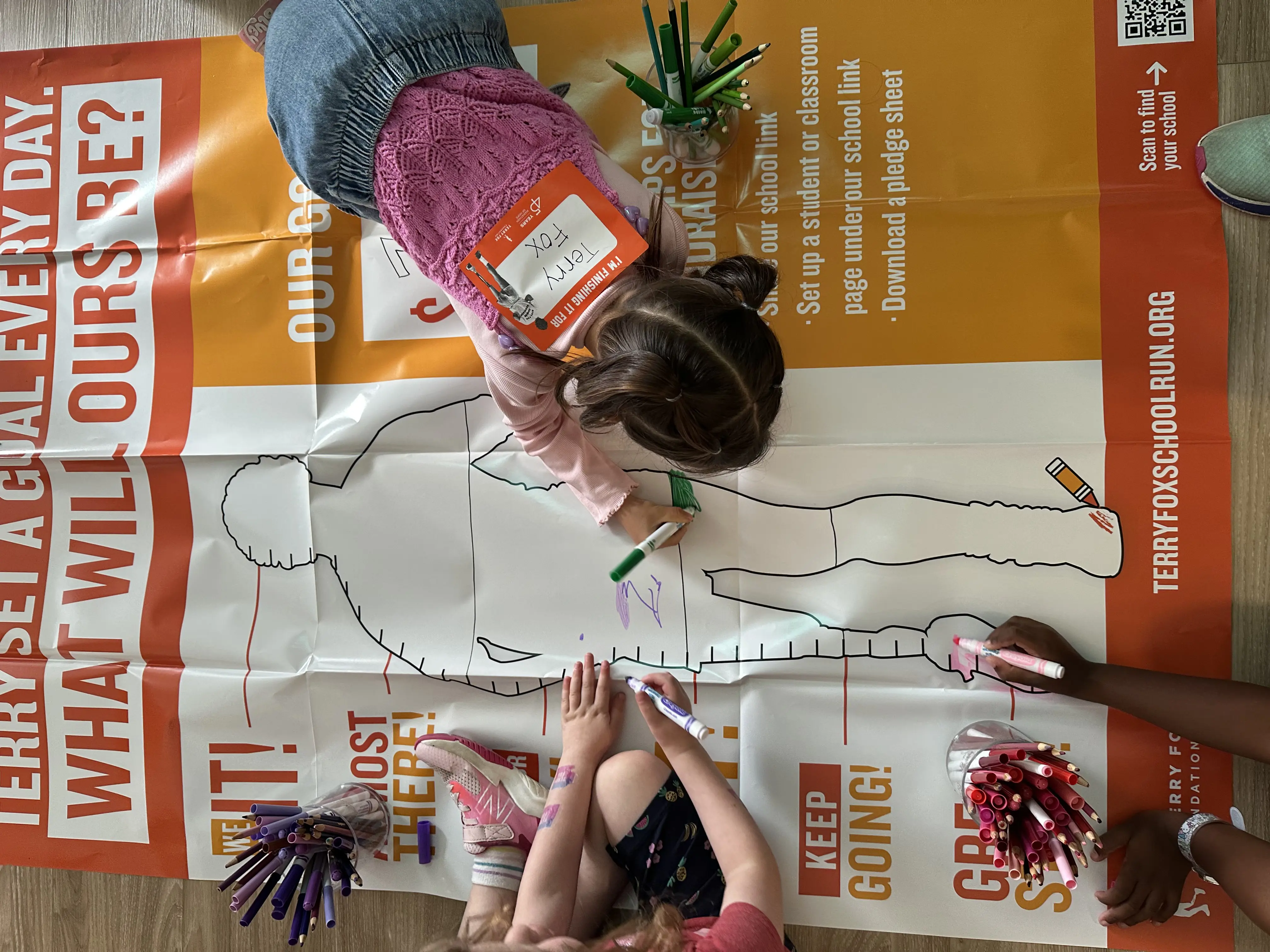Where Everyone Belongs
At Linden, inclusivity is not a policy—it’s a practice embedded into every aspect of school life.
From the language we use to the way we design classrooms, we are intentional about creating a space where students of all identities feel seen, respected, and celebrated.
We honour difference and actively cultivate belonging through gender-inclusive practices, culturally responsive pedagogy, and support for neurodiverse learners. Our curriculum is approached through an anti-oppression lens, ensuring that every student encounters diverse perspectives and experiences. From our gender inclusion guidelines to commitments to reconciliation and family resources, we are committed to walking the talk when it comes to equity.
In this environment, students grow not just academically but as thoughtful, empathetic leaders who understand the importance of justice and representation in their communities and beyond.

Universal Design for Learning
Equity Begins in the Classroom
At Linden, students deserve to learn in ways that reflect their strengths, interests, and needs. Our approach to Universal Design for Learning (UDL) ensures that students can access material, express their learning, and feel empowered in inclusive and dynamic classrooms.
UDL means designing lessons that offer multiple pathways. Engagement begins with choice—students may explore topics through hands-on experiments, digital tools, or collaborative projects. Content is delivered in various formats: text, audio, video, discussion, and visual models. Expression is equally diverse; students might write essays, build models, present speeches, or stage performances to show what they’ve learned.
Classroom environments are intentionally flexible. Sensory tools, quiet corners, and adaptable seating accommodate all learners. Peer collaboration encourages students to work in mixed-ability groups, developing both confidence and perspective.
By integrating UDL throughout our teaching, we create classrooms where all students can thrive—and where equity isn’t an add-on, but the foundation.

